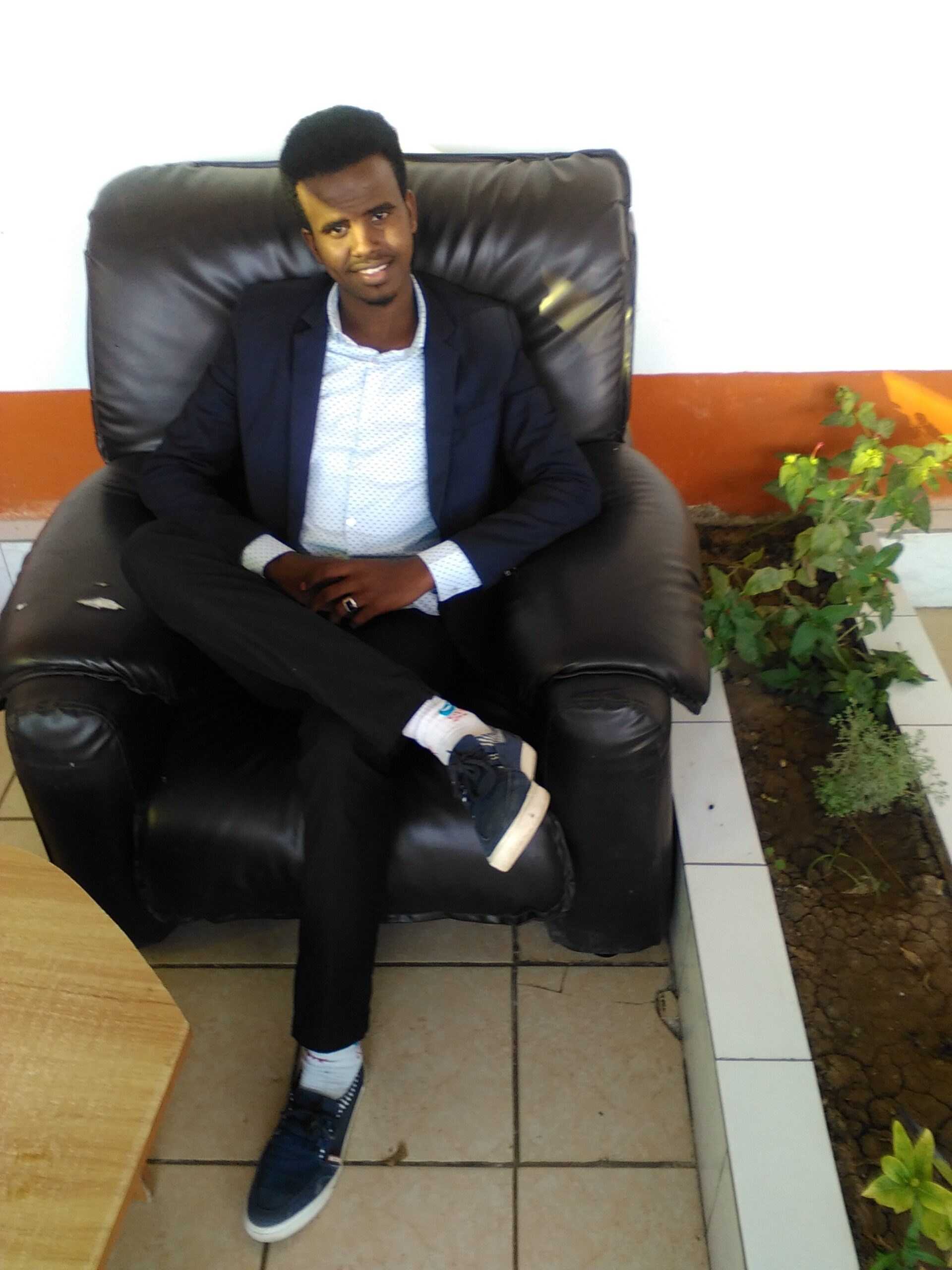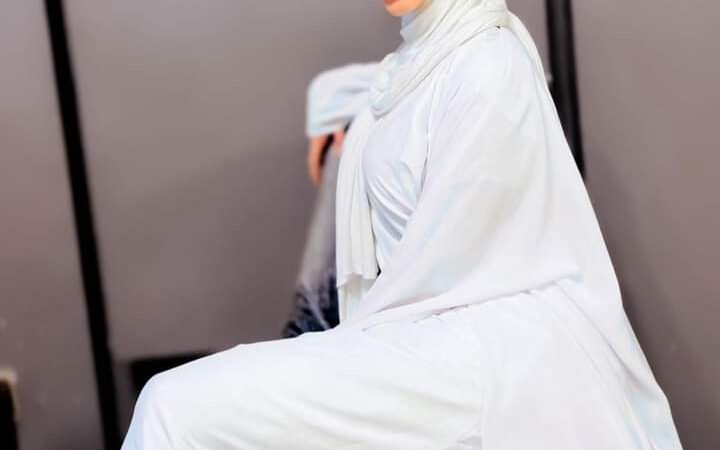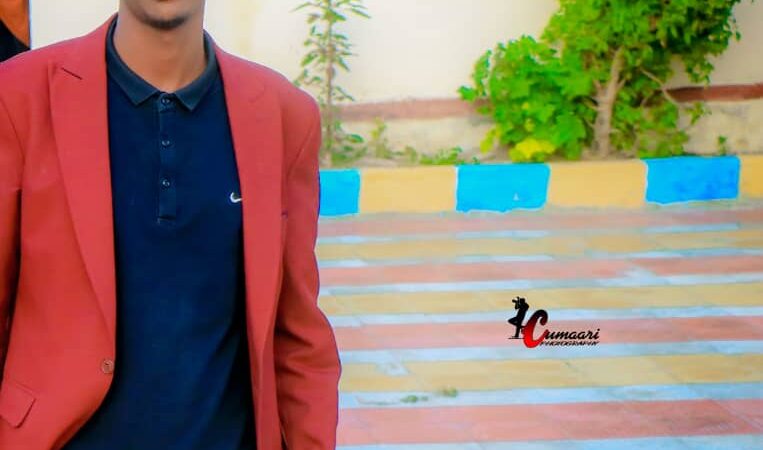Acting as a Patient to Seek Forgiveness! A Great Life Lesson

Mubarik was not satisfied with joining the College of Health Sciences, especially after graduating from secondary school. His parents, however, forced him to enroll. Reluctantly, he attended classes but often skipped them. This went on for a month. Typically, students at his Hargeisa University’s College of Health Sciences wear white coats as part of their uniform. However, Mubarik occasionally wore in order to get expelled.
One day, Mubarik was caught not wearing the school uniform by the vice principal of the college. The vice principal asked angrily, “Why aren’t you wearing your white coat? Weren’t you instructed to wear it?” He simply replied, “Come on, it’s Thursday afternoon and almost the weekend.” The vice principal was taken aback by Mubarik’s response and did not expect such a rude reply from a student. He demanded Mubarik’s name, school, and ID number. Mubarik was shocked to realize that the man, who appeared to be in his mid-thirties, was actually the vice principal and held a higher position.
The vice principal then instructed the associate dean of the School of Laboratory to suspend Mubarik for a month, with the punishment to commence immediately. He was called in by the associate dean, who handed him the suspension letter. Feeling helpless, he asked for assistance, explaining that he had mistaken the vice principal for a student or lower-ranking staff member. The associate dean regretfully informed him that there was nothing he could do to help, as the vice principal held significant power.
Mubarik blamed himself for his mistake and was also afraid of his parents finding out he had been suspended from the school. He decided to take matters into his own hands and sought out the vice principal. After inquiring about the vice principal’s availability, Mubarik visited a private hospital co-owned by the vice principal, who was also a qualified doctor. Then, he was registered as a patient, paid the required fee, and waited for his turn. After an hour, Mubarik was called into the doctor’s office, where he was welcomed by the doctor. When asked about his health, he replied, “I am not actually sick. I am the student you suspended last week for not wearing the school uniform and being rude. If I had known you were the vice principal of the college ( Dr. Waliid), I would never have spoken to you that way. Please forgive me.” The doctor laughed and said, “Alright, just don’t repeat it. You are a student.” As Mubarik was leaving, he asked, “Doctor, can I get a refund for the registration fee since I wasn’t actually a patient?” The doctor said, ” that’s good. Take it, but the ban will still stand”. Mubarik replied,” no, no, doctor, I am just kidding”. Then the doctor gave him the amount he paid and Mubarik returned to the campus happily.
Mubarik definitely handled the situation wisely utilized the opportunity he took to seek forgiveness and rectify his mistake. It shows maturity and a willingness to take responsibility for his actions. It’s inspiring to see that seven years later, Mubarik has excelled in his career and is now a highly rated staff member at the African Union Health Organization. This showcases the importance of learning from past experiences, making amends, and striving for personal growth and success.
Hamza







